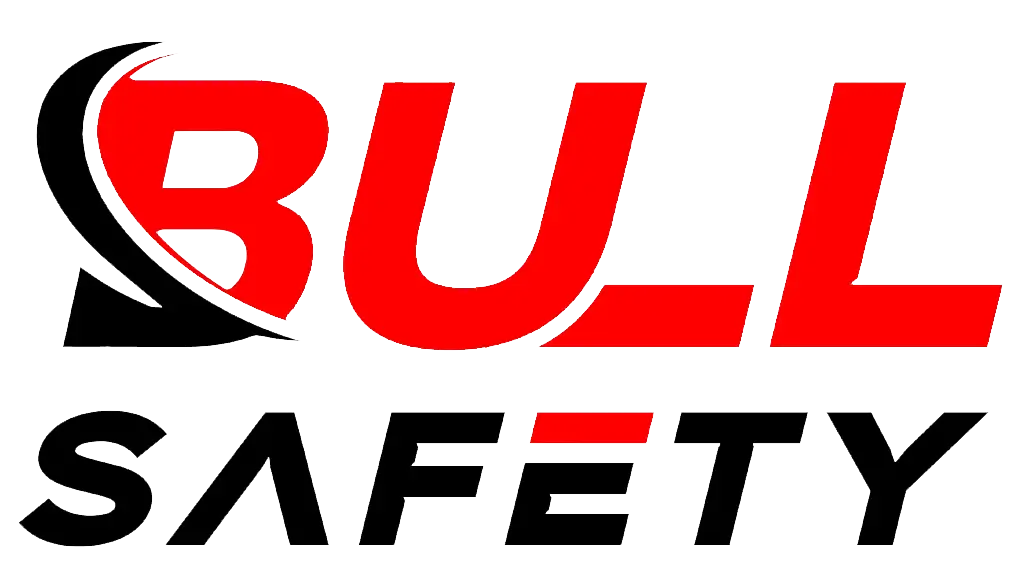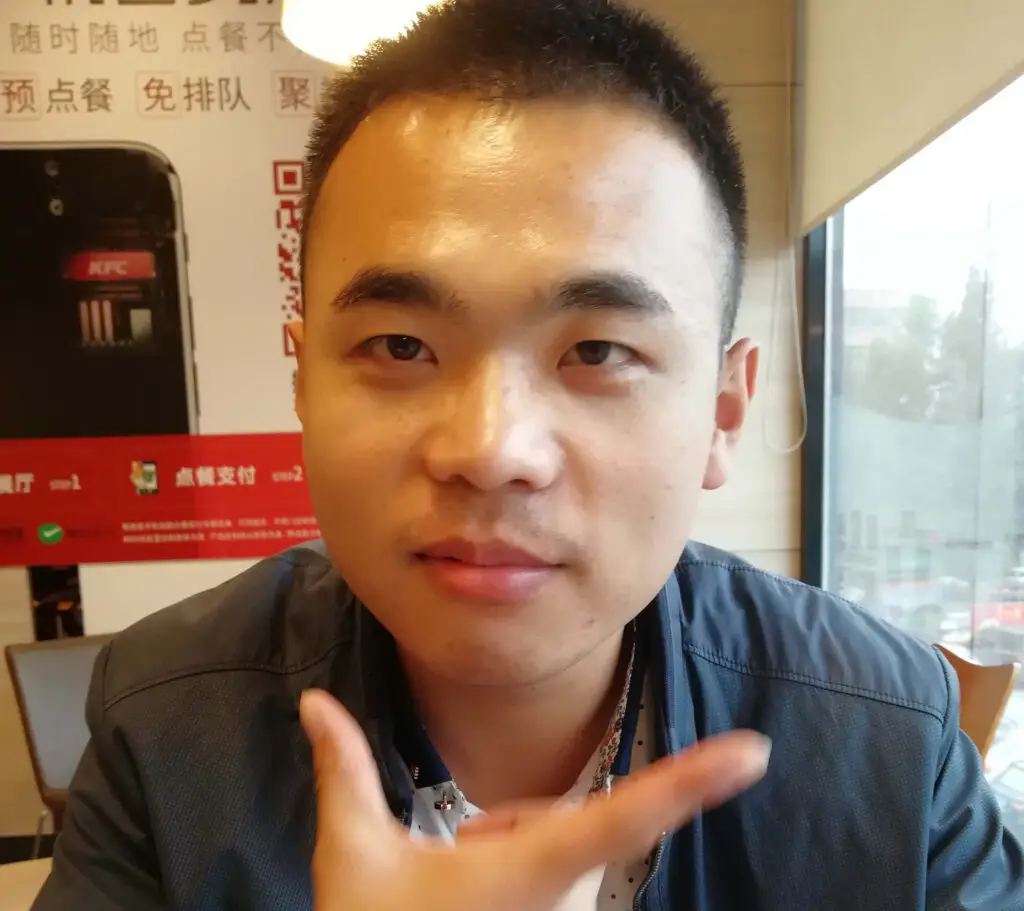Sourcing PPE can be a maze of suppliers and standards. You need reliable, high-quality cut-resistant gloves, but finding the right manufacturing partner in a new region is challenging.
Turkey is a strong manufacturing hub for PPE, with notable makers like Polat Protect and ÇELEBİ İSG. They offer a range of certified, high-performance gloves. When choosing, focus on certifications (EN 388, ISO 13997), customization capabilities, and their specific material expertise.
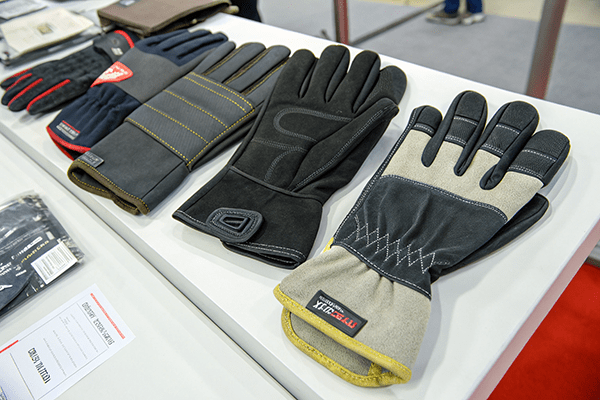
Turkish Cut-Resistant Gloves.
I’ve spent years in the safety glove industry, both as a buyer and now as a manufacturer. I’ve seen firsthand what separates a decent supplier from a true partner. Turkey has a growing reputation, thanks to its proximity to Europe and strong textile history. But as a procurement manager, you need to look beyond the brochure. It’s about understanding their production depth, material science1, and how they handle quality control2. This guide will walk you through some key players in Turkey and what their offerings mean for your business. I believe that by comparing different options, you can make the best choice for your customers. As a manufacturer in China, we face similar challenges and have built our processes around quality and customization, using standards like ISO9001 and CE to guide us.
Is Polat Protect a good fit for comprehensive hand safety needs?
You need more than just a glove; you need a full hand and arm safety solution. Finding a supplier with a wide, user-focused range can simplify your procurement process.
Polat Protect, established in 1972, specializes in user-oriented hand and arm protection. They offer a broad range of industrial gloves and other PPE, making them a potential one-stop shop for diverse safety requirements.
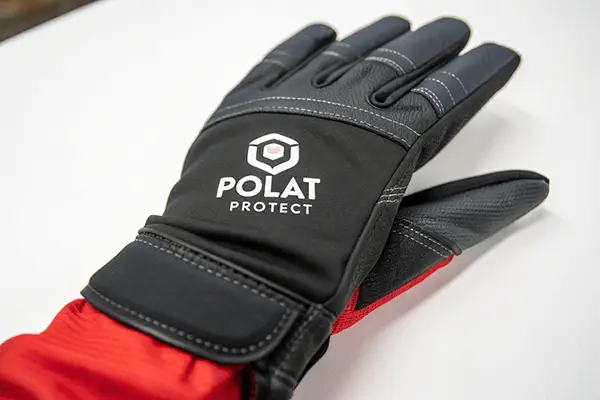
Polat Protect Safety Gloves.
Website:https://polatprotect.com/
Polat Protect’s3 long history since 1972 is a strong indicator of stability. For a purchasing manager like Mr. Stenning, this means a lower risk of supply chain disruption. Their focus on "user-oriented" solutions is a key phrase. It suggests they spend time on ergonomic design and comfort, which is crucial for worker compliance and safety. When evaluating them, I would ask specific questions about their design process. How do they gather user feedback? What materials do they use to balance protection and dexterity? For example, we at BullSafety often use high-performance polyethylene (HPPE)4 fibers combined with flexible coatings like microfoam nitrile. This ensures high cut resistance (meeting ANSI and EN388 standards) without making the glove too bulky for assembly tasks. I would check if Polat Protect offers similar advanced material combinations and inquire about their customization (OEM) process. A stable, experienced company is great, but their ability to innovate with materials and designs is what creates long-term value for a PPE wholesaler.
| Evaluation Criteria | What to Look For |
|---|---|
| Company Age | Indicates stability and experience in the market. |
| Product Range | A wide range simplifies procurement. |
| User Focus | Suggests better ergonomics, comfort, and worker acceptance. |
| Material Innovation | Ask about their use of modern fibers like HPPE and coatings. |
Does ÇELEBİ İSG’s specialized coating technology meet your demands?
Your customers work in tough conditions, often oily or wet. You need gloves that provide a secure grip and reliable protection, but specialized coatings can be complex to source.
ÇELEBİ İSG specializes in advanced coatings, including microfoam and foam nitrile gloves. Their branded lines like SAFETY LORD offer focused, high-tech solutions for demanding industrial applications.
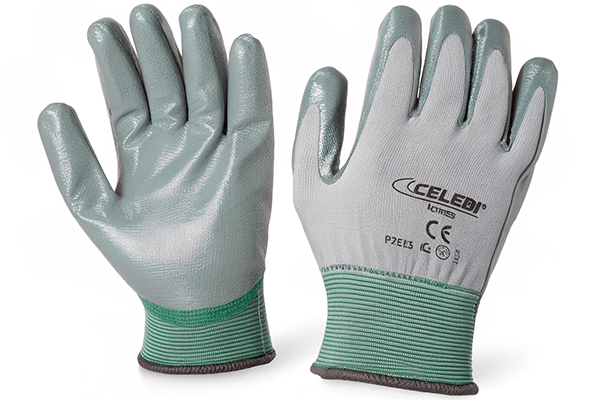
ÇELEBİ İSG Coated Gloves.
Website:https://www.celebiisg.com.tr/
ÇELEBİ İSG’s5 product list reads like a checklist for any serious PPE wholesaler. Microfoam, foam nitrile, and general cut-resistant gloves are the core of a modern hand safety program. They address the most common pain points in the workplace: grip in wet or oily environments and protection from sharp objects. As a manufacturer, I can tell you that mastering these coatings is a science. At BullSafety, our R&D focuses heavily on the consistency of our coatings. For instance, our microfoam nitrile6 goes through a specific process to ensure breathability while repelling oil. Our sandy nitrile finish is designed to create micro-craters that channel fluids away, maximizing surface contact and grip. When talking to a supplier like ÇELEBİ İSG, I would request samples of their different coatings. I would perform practical tests. How does the grip hold up after a few hours of use? Does the coating flake or peel? I’d also ask about their base glove construction. What level of cut protection (e.g., ISO 13997 Level D, E, or F) can they combine with these coatings? A great coating on a weak liner is useless. The ability to produce high-quality, cut-resistant gloves7 with various coatings is a sign of a truly capable manufacturer.
Can Kılıç Eldiven provide the high-heat protection your clients need?
Standard gloves fail in high-temperature environments. Your clients in metalworking or industrial kitchens need specialized, certified protection against heat, but it’s a niche and critical product category.
Kılıç Eldiven specializes in manufacturing gloves resistant to high temperatures and high forces. With certifications like EN 407 (heat protection), they are a go-to source for factories and manufacturing shops.
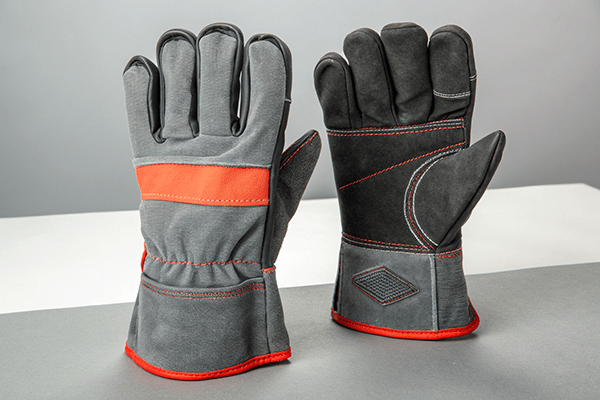
Kılıç Eldiven Heat-Resistant Gloves.
Website:https://kiliceldiven.com/
Kılıç Eldiven’s8 focus on heat resistance is a valuable specialization. The EN 407 certification9 is non-negotiable for these applications, and it’s good to see them highlight it. This standard tests for multiple types of heat performance, including contact heat, convective heat, and molten metal splash. As a buyer, Mrs. Emily Chen should ask for the specific performance levels (from 1 to 4) for each of these tests, as they determine the glove’s suitability for a particular task. For example, a glove for a baker needs different heat protection than one for a welder. While BullSafety’s primary focus is on cut resistance, we understand the importance of specialized protection. When sourcing a specialty glove like this, I’d investigate the materials used. Are they using aramid fibers, leather, or other heat-resistant composites? I would also inquire about their cut resistance ratings10 in addition to heat protection. Many high-heat tasks also carry a cut risk. A supplier who can offer a product that is certified against both EN 388 (cut) and EN 407 (heat) provides immense value.
Conclusion
In short, Turkey offers strong candidates for PPE sourcing. However, finding the right partner means looking deeper at a supplier’s certifications, material expertise, and customization capabilities.
-
Exploring material science can enhance your knowledge of materials, leading to better product development and innovation. ↩
-
Understanding quality control practices can help you ensure product reliability and customer satisfaction. ↩
-
Learn more about Polat Protect’s background, expertise, and why their long-standing presence matters for reliable PPE sourcing and innovation. ↩
-
This resource will explain the benefits and applications of HPPE, crucial for understanding its role in safety gear and PPE. ↩
-
Discover ÇELEBİ İSG’s full range of PPE products and see why they’re a trusted supplier for hand safety solutions in demanding workplaces. ↩
-
Learn about microfoam nitrile’s unique properties and how it enhances grip and safety in personal protective equipment. ↩
-
Explore this link to discover top-rated cut-resistant gloves that ensure safety and comfort in various work environments. ↩
-
Learn about Kılıç Eldiven’s certifications and materials to ensure their gloves meet your specific heat and cut protection needs. ↩
-
Understanding the EN 407 certification helps ensure you choose gloves that meet safety standards for heat resistance. ↩
-
Exploring cut resistance ratings is crucial for selecting gloves that protect against both heat and cuts in high-risk environments. ↩
